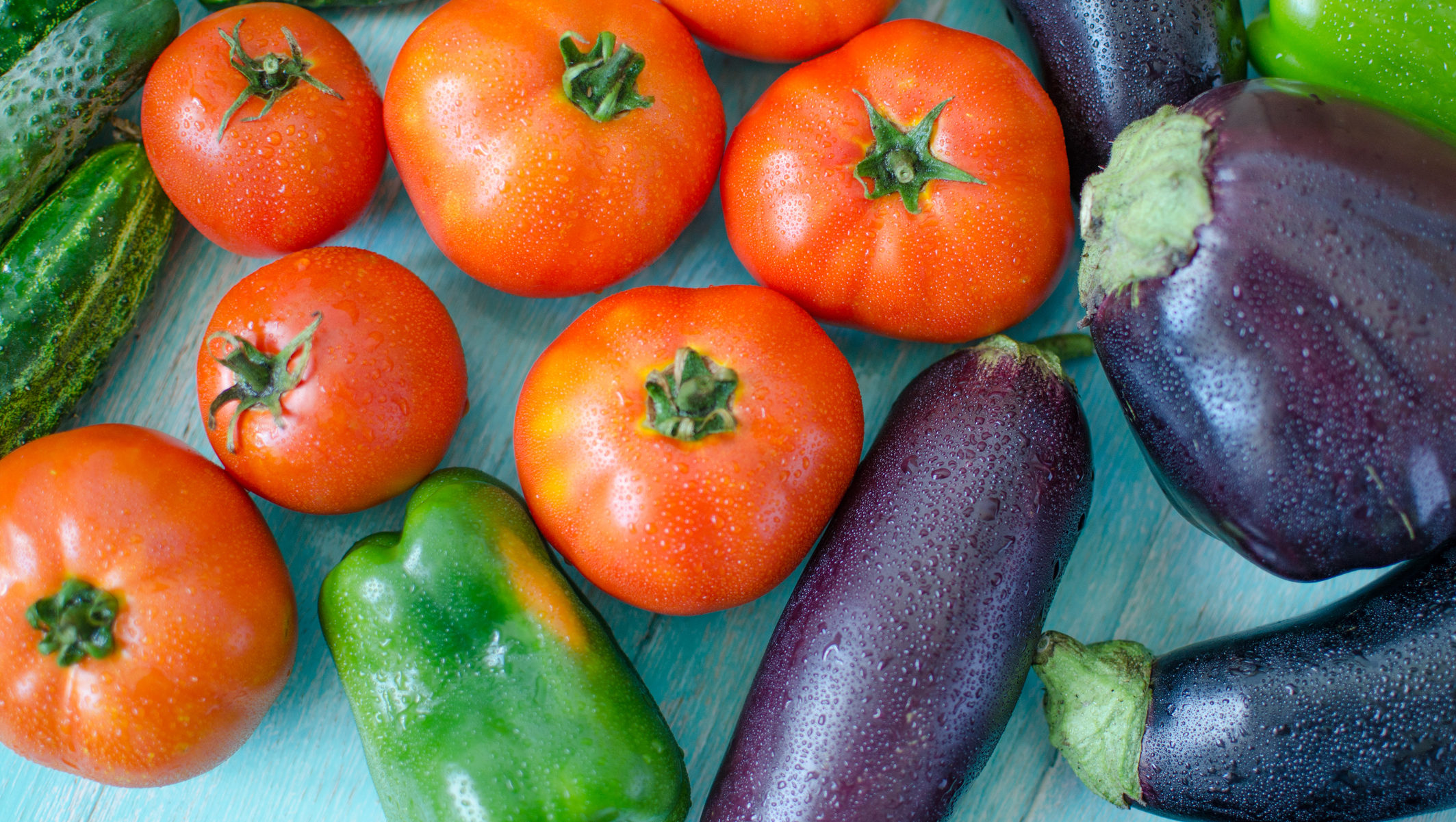With the rise of autoimmune conditions and food sensitives, it may seem like every food is inflammatory and potentially detrimental to our health. Nightshades in particular have gained a negative reputation for their suspected pro-inflammatory properties and ability to exacerbate GI issues.
WHAT ARE NIGHTSHADES, AND SHOULD I REALLY AVOID THEM?
WHAT ARE NIGHTSHADES?
The nightshades, or in Latin, the Solanaceae, are a family of plants that include a number of herbs, crops, plants, and spices. While the term nightshade isn’t exactly mainstream, it does include everyday healthy staples, such as tomatoes, eggplants, peppers, paprika, bell peppers, and white potatoes.
They contain an alkaloid called solanine, which can be toxic in high concentrations; however, reports of poisoning are thankfully rare.
I READ I SHOULDN’T EAT THEM. WHAT’S THE ISSUE?
The controversy begins when it comes to considering if solanine plays a role in inflammation. While most of the evidence is anecdotal, many with compromised GI systems, arthritis, and autoimmune conditions find relief from certain symptoms and a reduction in inflammation when they omit nightshade vegetables, fruits, and spices from their diet.
The theory, though unsubstantiated, is that the solanine contributes to increased intestinal permeability which in turn, leads to systemic inflammation and worsening of symptoms.
WHEN TO EAT NIGHTSHADES
If you or your client have no issues with gut permeability or autoimmune conditions, nightshades are usually perfectly fine to consume.
In fact, they offer a number of health benefits including vitamins, minerals, and fiber. Tomatoes, in particular, contain an antioxidant called lycopene which may actually help reduce inflammation.
WHEN TO AVOID NIGHTSHADES
If you or your client has a nightshade sensitivity or you’re interested in diving deeper into learning how certain foods can help or hinder autoimmune symptoms, omit them for 4 weeks, observing closely if your symptoms improve.
It’s important to note that many foods fall into the “healthy but inflammatory” category, so it’s best to follow an autoimmune protocol – usually abbreviated to AIP or Paleo plus – to get the most accurate representation of how food can impact your body.
Remember, paprika and other nightshade spices can be irritating to the gut simply because they’re hot and spicy. This is unrelated to inflammation, but it’s still a good enough reason to omit if they make you feel less than great.
THE BOTTOM LINE
An autoimmune protocol is used to identify food triggers and potential gut irritants which are inflaming an already compromised GI system. Once you have identified the triggers, the goal is to heal your gut before reintroducing variety into your diet.
For this reason, a protocol of this nature is designed to be followed for 4 weeks only. Often, once you have improved your GI integrity, you’re able to consume foods once exiled to the no-go foods list symptom-free.
Nightshades are healthy, fiber-filled foods; however, it’s perfectly okay to replace them with other fruits and vegetables while you work to create a tailored nutrition blueprint.
For more tips on how you can care for your GI health, head here 10 Foods to Keep Your Gut Healthy and Happy!
Want to learn more about digestive health? Consider becoming a Certified Digestive Health Coach!

+ show Comments
- Hide Comments
Free Resources
Take A Look at the latest from ITN:
Courses
add a comment